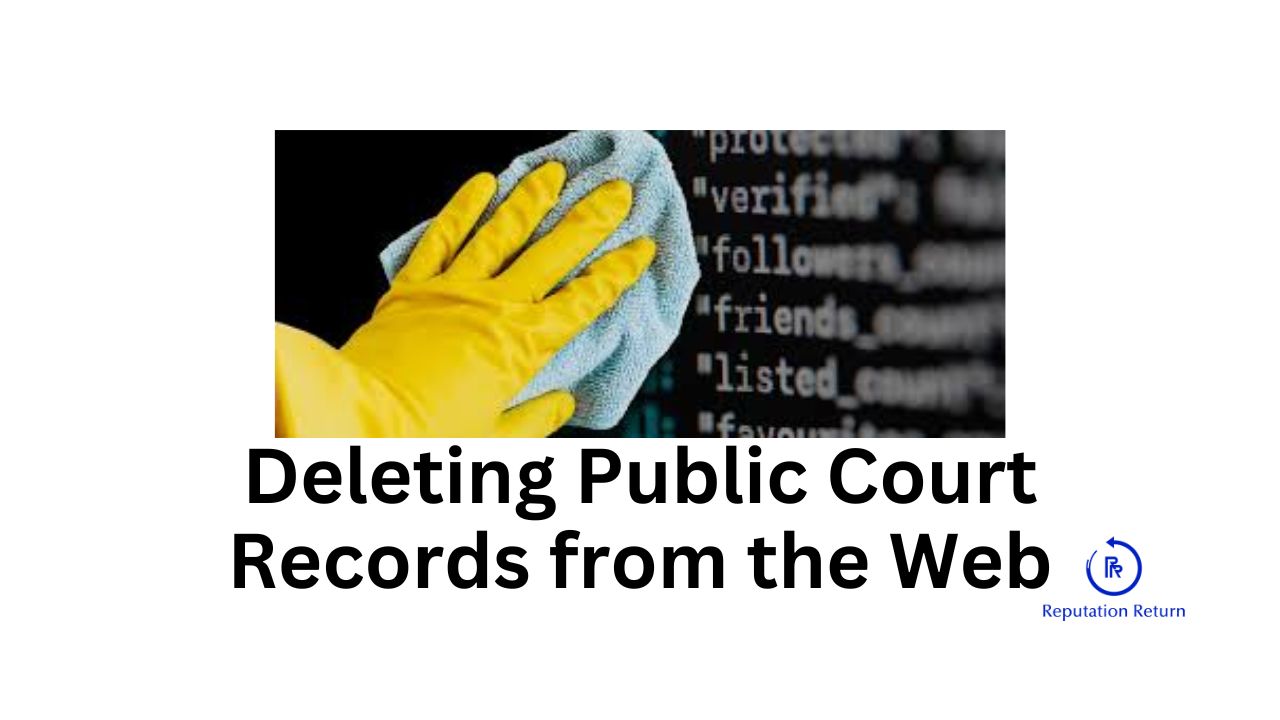Your personal information is more accessible than ever. Among the most sensitive and impactful pieces of information are public court records, which can include anything from minor civil disputes to serious criminal cases. The accessibility of these records online poses significant concerns regarding privacy, rehabilitation, and the potential for social and professional repercussions. This article delves into the complexities of deleting public court records from the web, exploring the balance between public interest and personal privacy.
The Ubiquity of Public Court Records Online
Court records have traditionally been public to ensure transparency in the judicial process. This transparency allows the public to hold the judicial system accountable and ensures the openness of legal proceedings. However, the digitization of these records has exponentially increased their visibility. Websites like PACER (Public Access to Court Electronic Records) in the United States and other similar databases worldwide provide easy access to these records for anyone with an internet connection.
While this accessibility promotes transparency, it also leads to unintended consequences. For instance, individuals with old criminal records often find it difficult to reintegrate into society due to the stigma associated with their past. A 2019 study by the Brennan Center for Justice found that nearly 70 million Americans have some form of a criminal record, impacting their employment opportunities, housing options, and even their social lives. The pervasive nature of online court records means that a past mistake can follow a person indefinitely, hindering their ability to move forward.
Legal Frameworks and Privacy Concerns
Different jurisdictions have varied approaches to the accessibility and deletion of court records. In the European Union, the General Data Protection Regulation (GDPR) provides a “right to be forgotten,” allowing individuals to request the removal of personal data under certain circumstances. This regulation, however, often does not extend to public records like court documents unless they are deemed no longer necessary or relevant.
In the United States, the approach is less uniform. Expungement laws, which allow for the sealing or deletion of certain criminal records, vary widely from state to state. For instance, California’s “Clean Slate” legislation, enacted in 2019, allows for the automatic expungement of qualifying criminal records. However, these laws typically apply only to records at the state level, leaving federal records and those housed in national databases accessible.
The complexities of these legal frameworks often leave individuals confused and frustrated. The process of petitioning for record removal can be cumbersome, costly, and time-consuming, creating barriers for those who may benefit the most from such measures.
The Human Impact of Online Court Records
Consider the case of Jane Doe, a pseudonym for a real individual who faced significant hurdles due to her online court records. Jane, who had a minor drug offense from her youth, struggled for years to find stable employment. Despite her qualifications and efforts to rehabilitate herself, potential employers would often retract job offers upon discovering her past through a simple online search. Her story is not unique. Many individuals face similar challenges, and the psychological toll of constant rejection and social stigma can be devastating.
The presence of court records online not only affects employment but also impacts housing opportunities and personal relationships. Landlords frequently perform background checks, and a criminal record can disqualify an otherwise ideal tenant. In personal relationships, the disclosure of past legal troubles can lead to strained dynamics, perpetuating feelings of isolation and shame.
Balancing Public Interest and Personal Privacy
The debate over deleting public court records from the web revolves around balancing the public’s right to information with an individual’s right to privacy and rehabilitation. Transparency advocates argue that public access to court records is crucial for accountability and public safety. Conversely, privacy advocates emphasize the importance of allowing individuals to rebuild their lives without the perpetual shadow of their past mistakes.
Technological solutions, such as implementing time-limited access to court records or developing more nuanced expungement criteria, may offer a middle ground. For instance, records of minor offenses could be automatically sealed after a certain period, provided the individual has demonstrated good behavior. Additionally, developing user-friendly platforms for expungement requests could help mitigate the current procedural burdens.
Your Path Forward
Deleting public court records from the web is a complex issue that requires a thoughtful and balanced approach. While the need for judicial transparency cannot be understated, it is equally important to consider the profound and lasting impact that online court records can have on individuals’ lives. Policymakers, legal professionals, and privacy advocates must work together to create frameworks that protect both public interest and individual dignity.
In the end, the goal should be to foster a society that values both accountability and the possibility of redemption. By addressing the challenges associated with online court records, we can move towards a more compassionate and just system that allows individuals to truly start anew.
Click here to get started https://reputationreturn.com/our-services/

